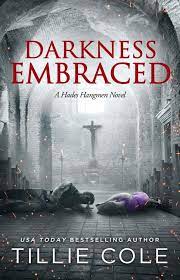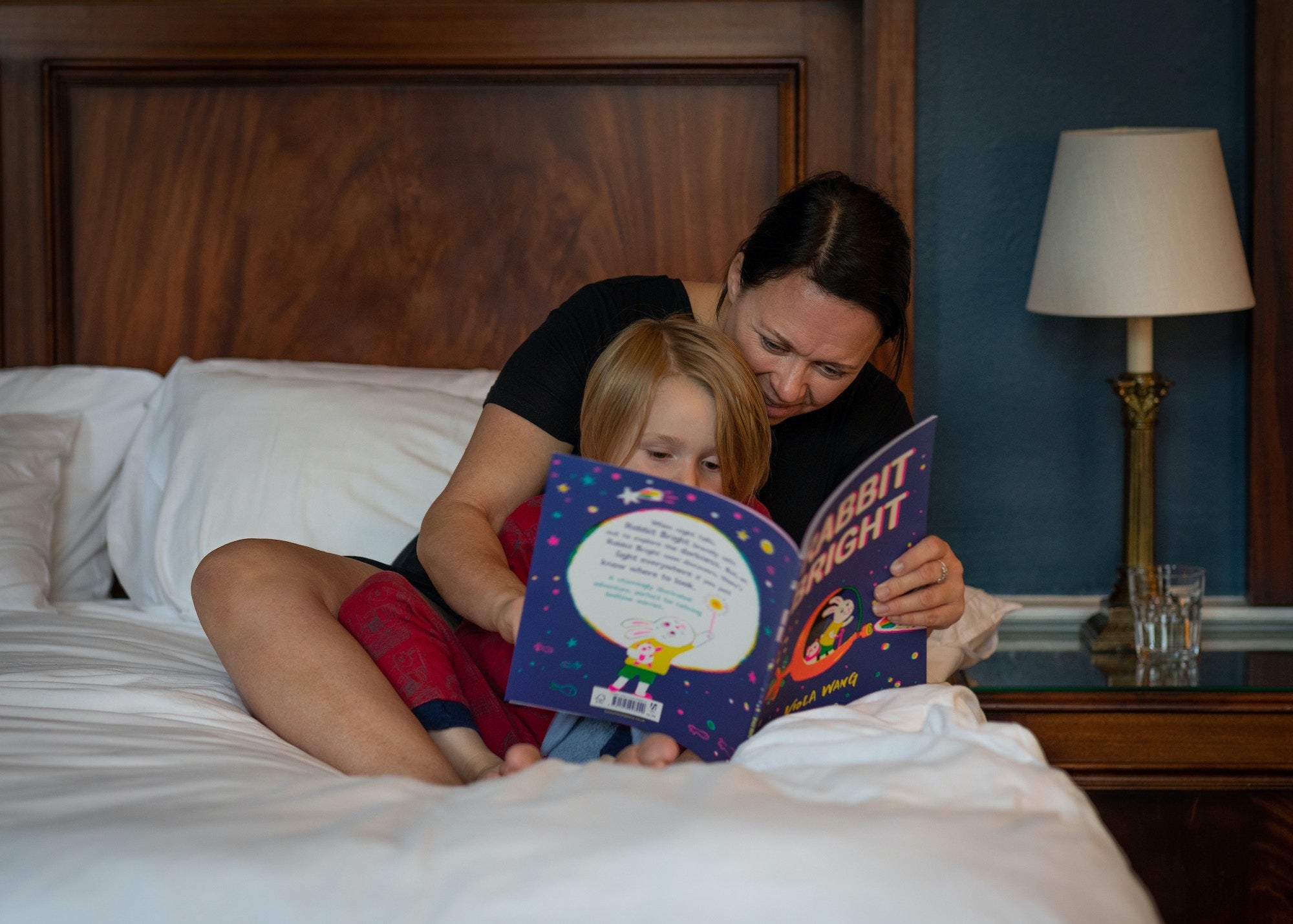In the world of literature, the art of book criticism has experienced a decline, leaving a void where engaging discussions once thrived. Negative book reviews, which should be regarded as opportunities for constructive critique, have been misunderstood as personal attacks or moral offenses. It is time to reclaim the essence of book criticism, encouraging dialogue, disagreement, and embracing its role in fostering literary growth.
Furthermore, in today's digital age, the literary world has witnessed a transformative shift with the emergence of online book communities such as Bookstagram, Booktok, and Booktube. These platforms have revolutionized book exposure, sales, and the formation of vibrant book-loving communities. While their influence has undeniably shaped the way people engage with literature, it is crucial to navigate the delicate balance between increased visibility and the preservation of honest and nuanced critique.
Negative Reviews: Beyond Moral Affronts
Negative book reviews should not be seen as affronts to an author's character but as critical evaluations of their work. Just as positive reviews are celebrated, negative reviews hold value in shaping literary conversations. Negative reviews hold value in shaping literary conversations by offering alternative perspectives and highlighting areas for improvement.
They provide readers with a more balanced view of a book, allowing them to make informed decisions about their reading choices. However, it is crucial to detach personal sentiments from critical analysis and focus on the merits of the work itself. By engaging in constructive dialogue, readers can delve into the reasons behind their opinions, providing valuable insights for both authors and fellow readers.
Engaging with Reviews: Talk About It!
In the current climate, it's important to foster real and authentic conversations about books without fear of authors retaliating. One way to facilitate this is by avoiding directly mentioning or "@"-ing authors in your online reviews. This approach helps create an atmosphere where reviewers can freely express their opinions without feeling targeted or discouraged from sharing their thoughts.
By focusing on the content and ideas presented in the book, readers can engage in meaningful discussions that delve deeper into the themes, writing style, and impact of the work. Embracing reviews as invitations to dialogue allows readers to enrich their own literary experiences and broaden their perspectives. This is especially relevant in the context of online book communities like Bookstagram, Booktok, and Booktube, where readers can connect, recommend, and engage in discussions with fellow book enthusiasts.
The Influence of Negative and Honest Reviews on Book Promotion and Publishing
Contrary to popular belief, negative and honest reviews play a vital role in shaping the promotion and release of books by publishers. While it may seem counterintuitive, publishers rely on a range of reviews, both positive and negative, to make informed decisions about which books to promote and release to the public. Negative reviews provide valuable feedback to publishers, enabling them to refine manuscripts, address potential issues, and ensure a high-quality reading experience. Additionally, honest reviews help manage reader expectations, allowing individuals to make informed choices based on their preferences. Acknowledging the influence of negative and honest reviews fosters a healthier and more transparent relationship between authors, publishers, and readers.
Additionally, sharing DNF (Did Not Finish) opinions empowers readers, helps manage expectations, and encourages efficient use of reading time.
Constructive Dialogue: Agree or Disagree
Engaging with book criticism allows readers to refine their own thoughts and opinions. Whether in agreement or disagreement, constructive dialogue enhances understanding. Agreeing with a review can validate one's own interpretation and appreciation, while dissenting opinions can challenge preconceived notions and encourage critical thinking. By engaging with diverse viewpoints, readers gain a more comprehensive understanding of literature's multi-faceted nature. The influence of online book communities further amplifies this dialogue, as it brings together readers, authors, and publishers, fostering direct connections and enriching the reading experience.
Avoiding Reductionism: Evaluating Merits, Not Persona
Critics must remain vigilant against reducing book evaluations to an author's online persona or external factors. Evaluating a book solely based on an author's public image oversimplifies the complex art of writing. The focus should be on analyzing the merits of the work itself: the narrative, themes, character development, and prose. By maintaining this focus, reviewers can provide readers with more accurate and nuanced assessments. Online book communities play a role in this by providing a platform that encourages thoughtful analysis and critique beyond surface-level judgments.
The Role of Criticism: Nurturing Literary Growth
Book criticism plays a vital role in the literary ecosystem. Thoughtful and well-articulated reviews contribute to the growth of authors, shaping their future works and honing their craft. Criticism also aids readers in making informed choices, guiding them towards literature that aligns with their preferences. By fostering a culture of constructive criticism, the literary community can evolve, pushing boundaries and exploring new frontiers. The rise of online book communities has further amplified this role, allowing for greater engagement, access to authors, and the formation of vibrant book-loving communities.
Reviving the art of book criticism requires a shift in perspective. Negative reviews should be seen as opportunities for growth, not moral affronts. Engaging with book criticism through dialogue, respectful disagreement.
In conclusion, reviving the art of book criticism requires a shift in perspective. Negative reviews should be seen as opportunities for growth and constructive critique, not as moral affronts. By fostering real and authentic conversations, embracing reviews as invitations to dialogue, and recognizing the value of negative and honest reviews, readers can contribute to a more vibrant and enriching literary community. Through online book communities and platforms, individuals have the chance to connect, recommend, and engage in discussions that enhance their literary experiences, while also fostering a culture of constructive criticism that nurtures literary growth.
Sources:






![Top 20 Bestselling Books of All Time [As of 2023]](http://www.readmoreco.com/cdn/shop/articles/ihor-frolov-iS0xhRFuHhM-unsplash.jpg?v=1694737807)